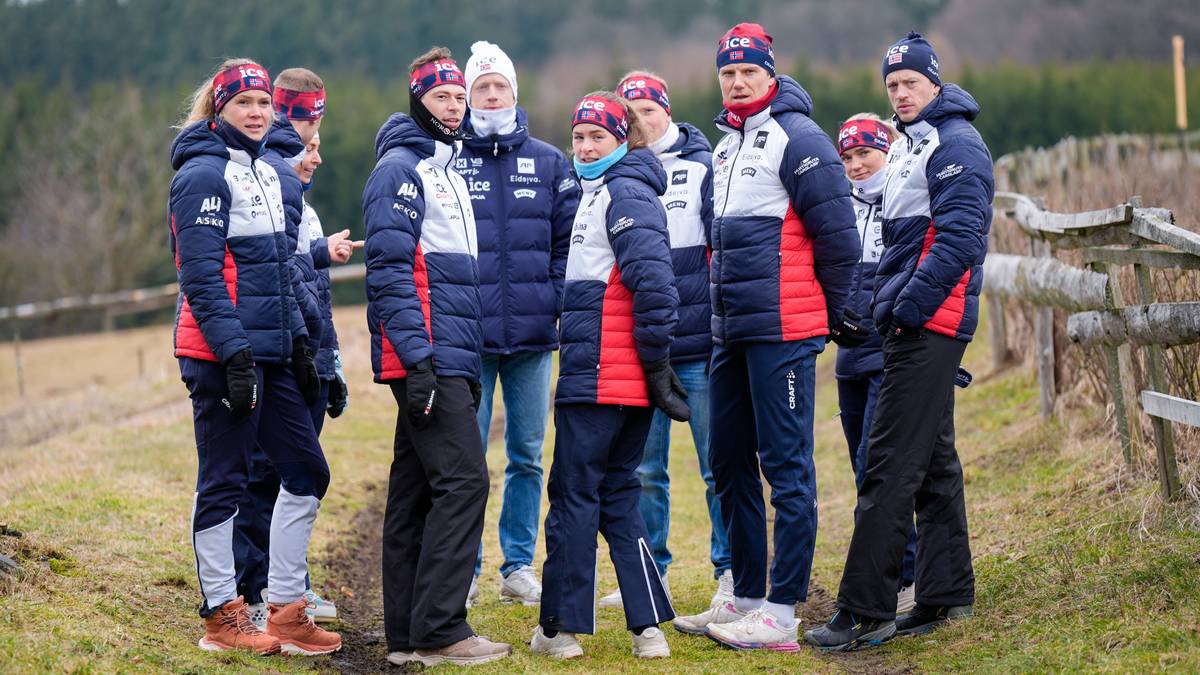
What the Biathlon Season Brings: Rule Changes, Criticism, and the World Federation's Response
Originally published in sportschau.de on November 25, 2024
What the Biathlon Season Brings: Rule Changes, Criticism, and the World Federation's Response
This week marks the beginning of the new biathlon season. As every year, the regulations for the ski hunters have been updated with a few changes. A new rule has already sparked numerous discussions, which the governing body defends while implementing some "safety nets".
Key Changes for the Season
Changes include adjustments to the start order in individual races, new categories for youth rankings, and increased prize money and points for athletes. This year, the top 30 World Cup athletes will no longer have the privilege of choosing their start positions in sprints and individual events; instead, these positions will be randomly assigned.
Expectations for Increased Excitement
Daniel Böhm from the IBU explained that the decision was made to enhance suspense and audience engagement during races, aiming for a more thrilling spectator experience. He remarked that a longer build-up to excitement could result in a better overall product for fans.
Criticism from Athletes
The new regulations have met with resistance, particularly from top athletes who argue they should have the right to start in favorable positions based on their rankings. Criticism has been voiced by athletes like Tomasso Giacomel and Selina Grotian, who feel that the changes could undermine the fairness of competition, especially regarding variable track conditions that may favor less skilled athletes.
Safety Measures and Further Adjustments
The IBU has suggested that if unfair conditions arise, they may revert to previous regulations to ensure top athletes have beneficial starting positions. The governing body is committed to keeping race integrity intact. Meanwhile, several other rules have been updated, including shifting the age category for junior rankings from U25 to U23, aiming to reward younger athletes more appropriately.
In conclusion, while changes are designed to improve competition dynamics in biathlon, they are met with mixed reactions from the sporting community as the new season approaches.

See Also
Exciting Changes for Top Biathletes Amid Controversy
September 25, 2024 / Sport1
Biathlon's New Starting Rules Spark Controversy
September 26, 2024 / Sport1
Biathlon Introduces New Starting Format to Boost Excitement
September 25, 2024 / SVT
Biathlon's Controversial Rule Changes Spark Debate
September 04, 2024 / Sport1

Biathletes Express Concerns Over IBU's Revised Start Order
August 29, 2024 / NRK Sport
IBU Implements New Seeding Protocol for Biathlon World Cup
September 25, 2024 / Eurosport